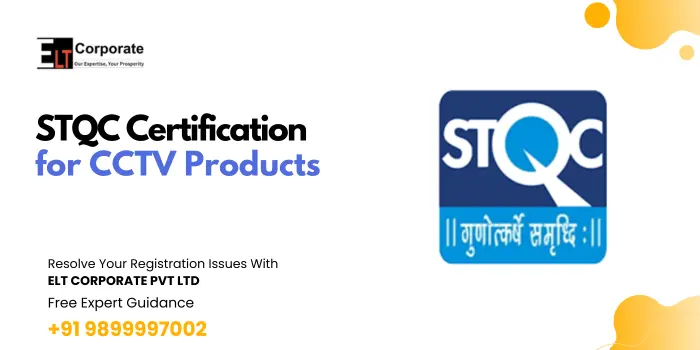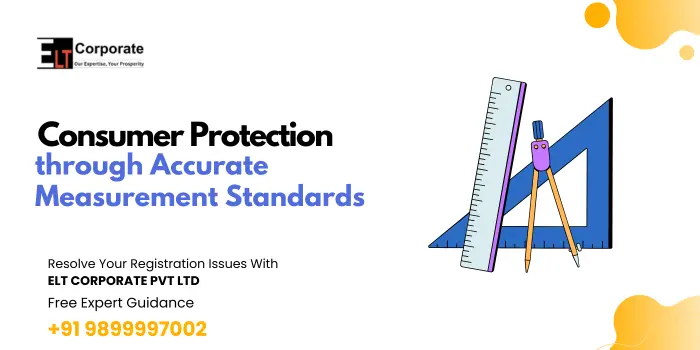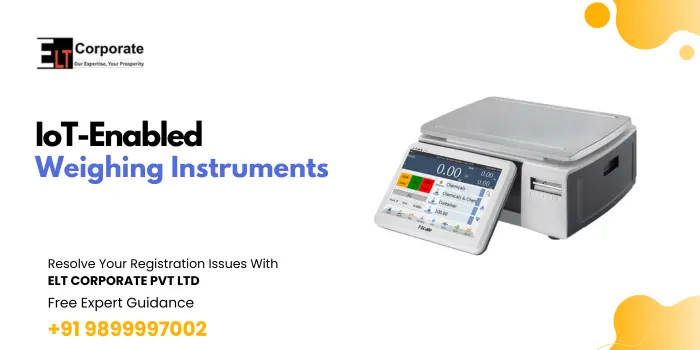STQC (Standardisation Testing and Quality Certification) is a government organization under the Ministry of Electronics and Information Technology (MeitY) that ensures quality and security standards for electronic and IT products in India.
From April 9, 2025, all CCTV or video surveillance products — especially IP/network cameras — must obtain STQC certification under the IoT System Certification Scheme (IoTSCS) before being sold or installed in India.
This certification ensures that CCTV devices meet essential quality, performance, and cybersecurity requirements as per MeitY guidelines. It helps eliminate low-quality, insecure imports and strengthens India’s digital surveillance ecosystem.
What is STQC Certification for CCTV Products?
STQC Certification verifies that a CCTV device meets the Essential Requirements (ERs) defined by MeitY under the IoT System Certification Scheme (IoTSCS).
It covers multiple aspects such as:
- Product performance and quality
- Cybersecurity and data protection
- Firmware and hardware integrity
- Communication security and encryption
- Reliability under environmental conditions
This certification ensures that only secure and reliable CCTV systems are deployed in public and private infrastructure.
Why Has STQC Certification Become Mandatory for CCTV?
STQC certification became mandatory because India witnessed the circulation of untested and insecure imported CCTV systems. The certification aims to:
- Prevent cybersecurity threats and data breaches.
- Ensure safe surveillance systems for critical installations.
- Promote Make in India by supporting domestic manufacturing.
- Create uniform product standards across the country.
Under Which Scheme Does the Certification Fall?
CCTV products are certified under the IoT System Certification Scheme (IoTSCS).
The IoTSCS outlines testing, evaluation, and certification procedures for all Internet of Things (IoT)-based products.
What Are the Essential Requirements (ERs) for CCTV Products?
Essential Requirements define the security and functional standards a CCTV device must meet. They include:
- Secure boot and encrypted firmware
- Access control and authentication
- Network security and communication encryption
- Supply chain security verification
- Cybersecurity protection and firmware update mechanisms
- Hardware reliability and performance checks
Which CCTV Products Require STQC Certification?
The rule applies to:
- Network / IP cameras
- Digital Video Recorders (DVRs)
- Network Video Recorders (NVRs)
- Related IoT-based surveillance devices
It primarily covers connected CCTV systems that transmit or store data digitally.
What Is the Procedure for Obtaining STQC Certification?
According to STQC guidelines:
- Submit an application (Forms F01, F02, F03) with all product details.
- Provide technical documentation and design specifications.
- Send product samples to an empaneled lab.
- Conduct performance and security testing as per ERs.
- Factory audit to verify manufacturing consistency.
- STQC review of reports and test results.
- Issuance of STQC certificate after compliance verification.
Which Laboratories Conduct CCTV Testing Under STQC?
STQC has empaneled laboratories that perform:
- Performance and endurance testing
- Cybersecurity vulnerability assessment
- Environmental and electrical safety tests
Only these authorized labs can issue valid test reports used for certification.
What Is the Deadline for Compliance?
- The final compliance deadline is April 9, 2025.
- After this date, no CCTV product can be sold or installed in India without STQC certification.
What Are the Penalties for Non-Compliance?
If a company fails to obtain STQC certification:
- Its CCTV products can be banned from sale in India.
- Licenses or tenders may be revoked.
- Legal penalties and financial losses can occur.
- The company may face import restrictions or product recalls.
What Security Features Must a Certified CCTV Have?
A certified CCTV must ensure:
- Encrypted communication and video feeds.
- Firmware integrity and secure update mechanisms.
- Authentication and access control systems.
- Anti-tampering and intrusion detection.
These features make surveillance systems more secure and resilient against cyberattacks.
How Does STQC Certification Affect CCTV Manufacturers?
Manufacturers must redesign products to meet essential security and performance standards. They need to:
- Submit devices for testing.
- Maintain cybersecurity standards throughout production.
- Bear additional costs for lab testing and audits.
However, certification also boosts trust, brand value, and market acceptance.
What Are the Major Challenges for Manufacturers?
Some challenges include:
- Limited number of testing labs.
- Costly and time-consuming testing process.
- Complex documentation and audit requirements.
- Delays in approval due to backlog.
Which Brands Are Already STQC Certified?
Some manufacturers already certified include:
- Matrix Comsec
- Prama India
- Sparsh Securitech Pvt. Ltd.
- Vicon Security
- Samriddhi Automation Pvt. Ltd.
What Is the Role of Public Procurement Order (PPO) in STQC Certification?
Under the Public Procurement Order (PPO) 2024, government departments can purchase only STQC-ER compliant CCTV systems.
This ensures that public surveillance installations use trusted and certified products only.
What Is the Future Outlook of STQC Certification for CCTV?
- Expansion of certification to other IoT products.
- More testing labs to reduce bottlenecks.
- Integration of blockchain-based traceability.
- Stronger cybersecurity requirements.
- Mandatory labeling for STQC-certified products.
India aims to make STQC certification a mark of safety and trust for all smart surveillance devices.
Is STQC Certification Required for all CCTV Models?
Yes. All IP/network-based CCTV systems, DVRs, and NVRs must be certified by April 9, 2025.
How Can users check if a CCTV is STQC-Certified?
Buyers can verify model names on the official STQC Certified Product List







